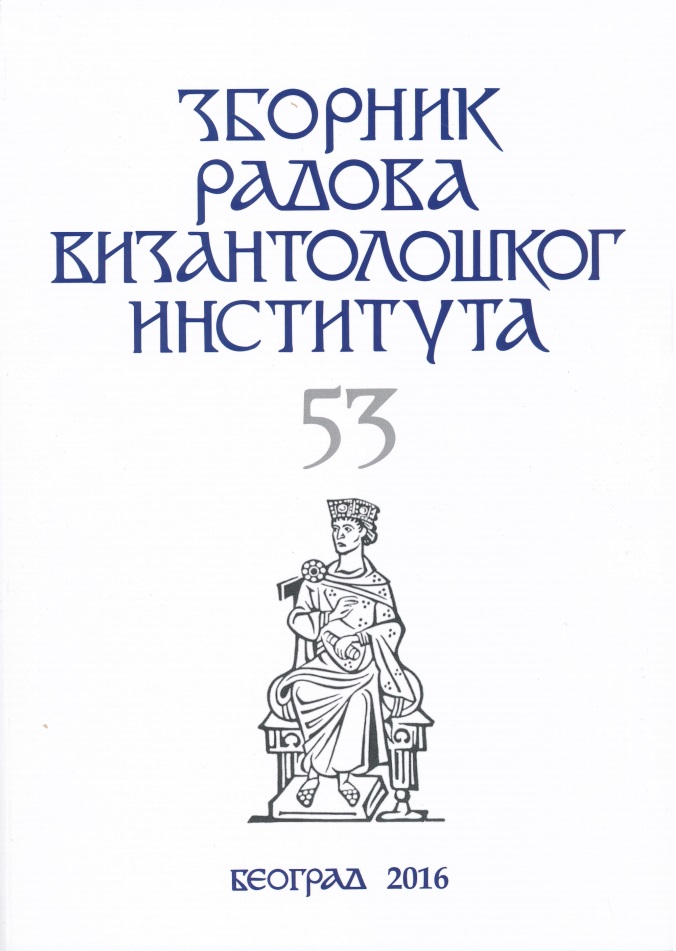О једној колоквијалној употреби придева πιθανός у рановизантијском грецитету
An Early Byzantine Colloquial Use of the Adjectιve πιθανός
Author(s): Il AkadSubject(s): Ancient World, Lexis, Historical Linguistics, Comparative Linguistics, Philology
Published by: Vizantološki institut SANU
Keywords: early Byzantine Greek; register; colloquialism
Summary/Abstract: The adjective πιθανός ‘persuasive, credible’, attested for the first time in Aeschylus, and ever since in use in the Greek language has a special meaning ‘beautiful’ in a group of early Byzantine texts. The development of this later meaning can be traced since the comedian Menander and the epigrammatist Asclepiades. The early examples are attested in poetry or philosophical prose, always as a characteristic of female persons, seductive and fatal. On the other hand, the later examples, attested since probably late fourth century until the early seventh, are all to be found in works written in a more casual literary register, and in dialogues and passages with a pronounced ironical tone. Defined like this by chronology, literary register and, it seems geography – all these texts were written in Palestine or Egypt – this usage can be characterized as colloquial.
Journal: Зборник радова Византолошког института
- Issue Year: 2016
- Issue No: 53
- Page Range: 7-15
- Page Count: 9
- Language: Serbian

